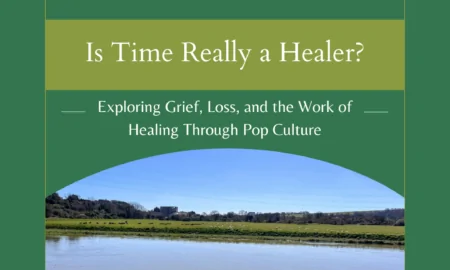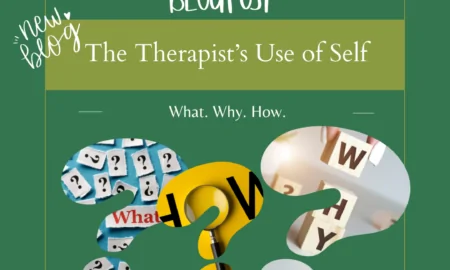Carer Support
I have experience of working with a registered charity providing emotional support for those who have a caring role.
Am I a Carer?
Whether by choice or because of a need within your family, the role of a carer is an intensely demanding. It is also often physically and mentally exhausting. You may be looking after someone due to a mental or physical disability, it may be following an injury or health issue or it may be a life-limiting illness. They may also have mental health issues of their own. If someone you know could not cope without your help and you are unpaid, you are a carer.
You Are Important Too
No matter what your type of caring role, you and your emotional health are also important. As a carer you also need to look after yourself and your own needs. This will help give you the strength needed to fulfill your caring responsibilities. If you are looking after a loved one your caring role may also be an emotional rollercoaster. You may be a carer to someone but you may also be their wife/husband/son/daughter/friend. You may need to be different people to the same person. The blurring of boundaries between the different relationships you have with the same person may be confusing.
Your own mental wellbeing and health may come second place to that of the person you are caring for and may lead to issues such as depression, stress, isolation and more.
Counselling for Carers
Having counselling sessions will help provide you with a space of your own. Your sessions will allow you to talk through your feelings and get a better idea of what is going on for you. Sessions are confidential and without any judgement. You may have a range of feelings in your role as a carer as well as in your life outside of your caring role and we can explore those.
To find out more about how counselling and psychotherapy can help you in your caring role, get in touch.

Book a Consultation
Frequently Asked Questions
The terms ‘Psychotherapy’ and ‘Counselling’ are often used interchangeably and essentially they are both characterised by a form of “talking therapy”. You will see many practitioners will use both terms when referring to themselves.
Fundamentally both psychotherapy and counselling have the same goal of providing relief to someone with some sort of psychological symptom or obstacles although there are some subtle differences.
‘Counselling’ is often used to describe a shorter-term process than psychotherapy. A goal in counselling is to enable someone to make better use of resources they may already have in place. Counselling often focuses on a specific issue, life event or experience or on a particular symptom.
‘Psychotherapy’ is often a longer process of treatment and focuses on facilitating the exploration and development of new resources for a person. In psychotherapy you will have the chance to look deeper into the root of your issues. You will have the chance to explore patterns of behaviour, thinking and feeling in your life at a greater depth that allow you to focus more on your way of being in the world.
Psychotherapy training is also a more rigorous and academic process.
Someone who may be in training to be a Psychotherapist may refer to themselves as a Psychotherapeutic Counsellor until they have completed certification to be known as a Psychotherapist.
I hope that my website has given you an overview of who I am and how I work and if you are interested in finding out more I would recommend an initial consultation to meet each other to see if it feels right for you when we are in the room together. We will probably be able to establish quite early on if I am the right person for you.
Choosing a therapist is a very individual choice and I recommend you take the time to meet at least a couple people with a view to having some thought about who you may work best with. I believe that each relationship is individual and unique and it is a privilege for me to get to know people I see and to support them on their therapeutic journey. Relationship is central to building a therapeutic alliance and working together, so trust your instinct to make a decision and start your own journey.
I look forward to meeting you!
Following our initial assessment, if you would like to start sessions together we will agree a day and time for your sessions. I will send you a standard therapy agreement that outlines my commitment to you and it details much of what I would have discussed in the assessment session. This includes details of my professional commitments and of the administrative aspects of our therapeutic relationship. We will both have a signed copy of this agreement.
Payment is due each session and I accept cash or BACS transfers. Any missed sessions with less than 48 hours notice will be payable on the following session.
If you want to work longer term I am also happy to work on monthly payments.
Latest Blog Posts

Maternal Instincts Don’t Fit Into a Spreadsheet
When Something Just Doesn’t Feel Right There are moments in mothering - often small, subtle ones - when something rises up in me with a quiet but unmistakable clarity. A…

Is Time Really a Healer?
Pop Culture and Loss I recently finished the Netflix series One Day. (Spoiler alert—if you haven’t seen it yet, you might want to pause here and come back once you…

The Therapists Use of Self in Psychotherapy
Beyond the Blank Slate – Reconsidering neutrality in relational psychotherapy In the quiet, unfolding space of the therapy room, we are often taught to be the steady presence - the…

Finding Hope
Why Hope Matters on Difficult Days This morning the Happiful magazine newsletter landed in my inbox and the title of the newsletter was “It’s OK to look for hope”. It…

What is Mature Love?
Creating Meaningful Connections Mature love, what is it? I’m not talking about being 80 years old and holding hands on a walk through the park here. I am talking about…

What Do We Mean by 'The Self' in Psychotherapy?
Understanding the Concept of the Self The concept of "the self" is central to psychotherapy, yet it can feel elusive and abstract. As therapists, we often talk about self-awareness, self-development,…
Ready to Make a Change? Book an Initial Consultation Today
If you have any questions at all about therapy or would like to make an appointment, get in touch. I will usually be able to respond to you within 24 hours.
